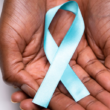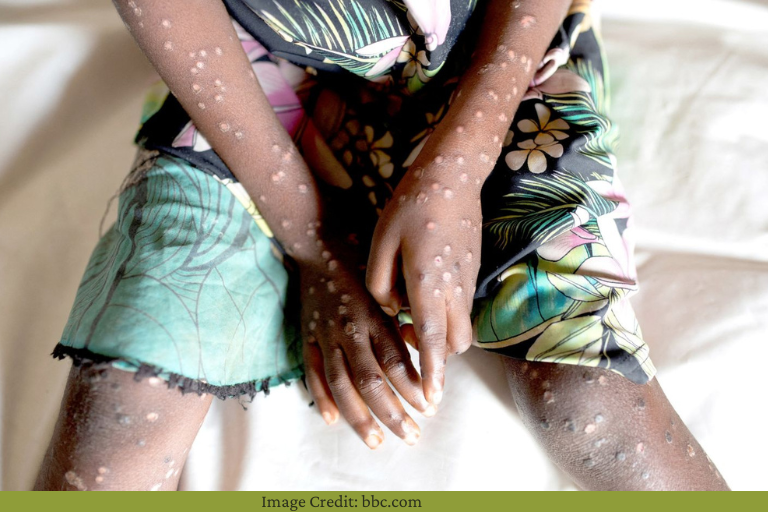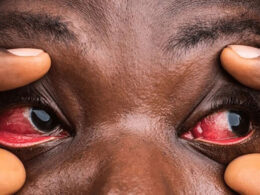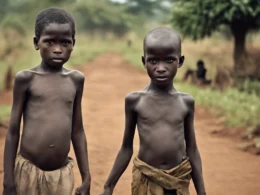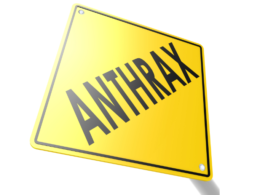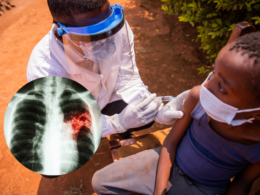In recent weeks, health authorities in multiple countries have reported a significant increase in mpox cases, prompting an urgent response from the global health community. The outbreak, which initially emerged in Central and West Africa, has now spread to several other regions, including Europe, North America, and parts of Asia, raising concerns about a potential pandemic.
Mpox, also known as monkeypox, is a viral zoonotic disease caused by the mpox virus. Symptoms typically include fever, rash, and swollen lymph nodes, and can range from mild to severe. The disease is primarily transmitted through direct contact with the bodily fluids of infected individuals or contaminated materials.
According to the World Health Organization (WHO), there have been over 1,000 confirmed cases of mpox globally in the past month, with the highest numbers reported in Nigeria, the Democratic Republic of Congo, and recently in the United Kingdom and the United States. The outbreak has been particularly pronounced in regions with limited healthcare infrastructure, such as rural parts of Africa, where outbreaks can lead to more severe health crises.
In response to the surge, countries are ramping up their surveillance and response measures. Vaccination programs are being expanded, particularly in the most affected areas, and public health campaigns are underway to educate communities about prevention and early detection. In the United States, for instance, the Centers for Disease Control and Prevention (CDC) has issued travel advisories and is working closely with local health departments to contain the spread.
In declaring the PHEIC, Dr Tedros said, “The emergence of a new clade of mpox, its rapid spread in eastern DRC, and the reporting of cases in several neighbouring countries are very worrying. On top of outbreaks of other mpox clades in DRC and other countries in Africa, it’s clear that a coordinated international response is needed to stop these outbreaks and save lives.”
Health officials are advising the public to take several precautions to minimize the risk of infection. These include avoiding close contact with individuals showing symptoms of mpox, practicing good hand hygiene, and using protective measures when handling potentially contaminated materials. Additionally, there is a push for more international cooperation to ensure that vaccines and treatments are distributed equitably, especially to the most vulnerable populations.
As the situation continues to evolve, health authorities remain vigilant. They are monitoring trends and adapting strategies to manage and mitigate the impact of the outbreak. The global community is urged to stay informed and follow guidance from health officials to protect themselves and others from mpox.



